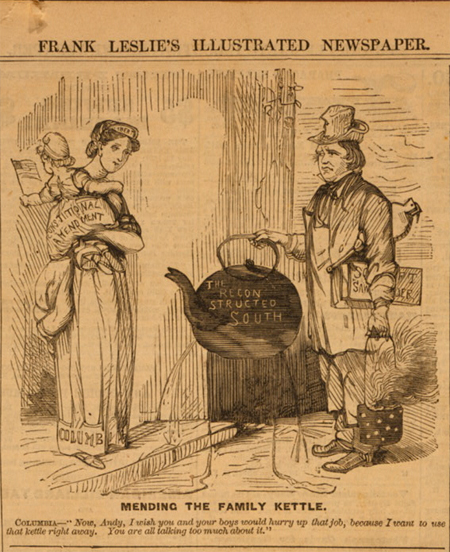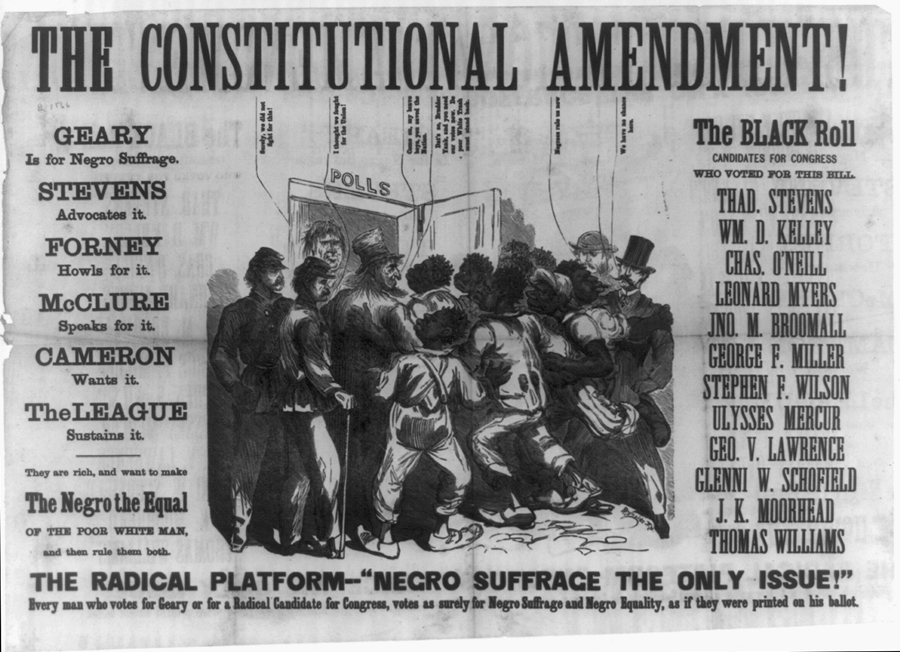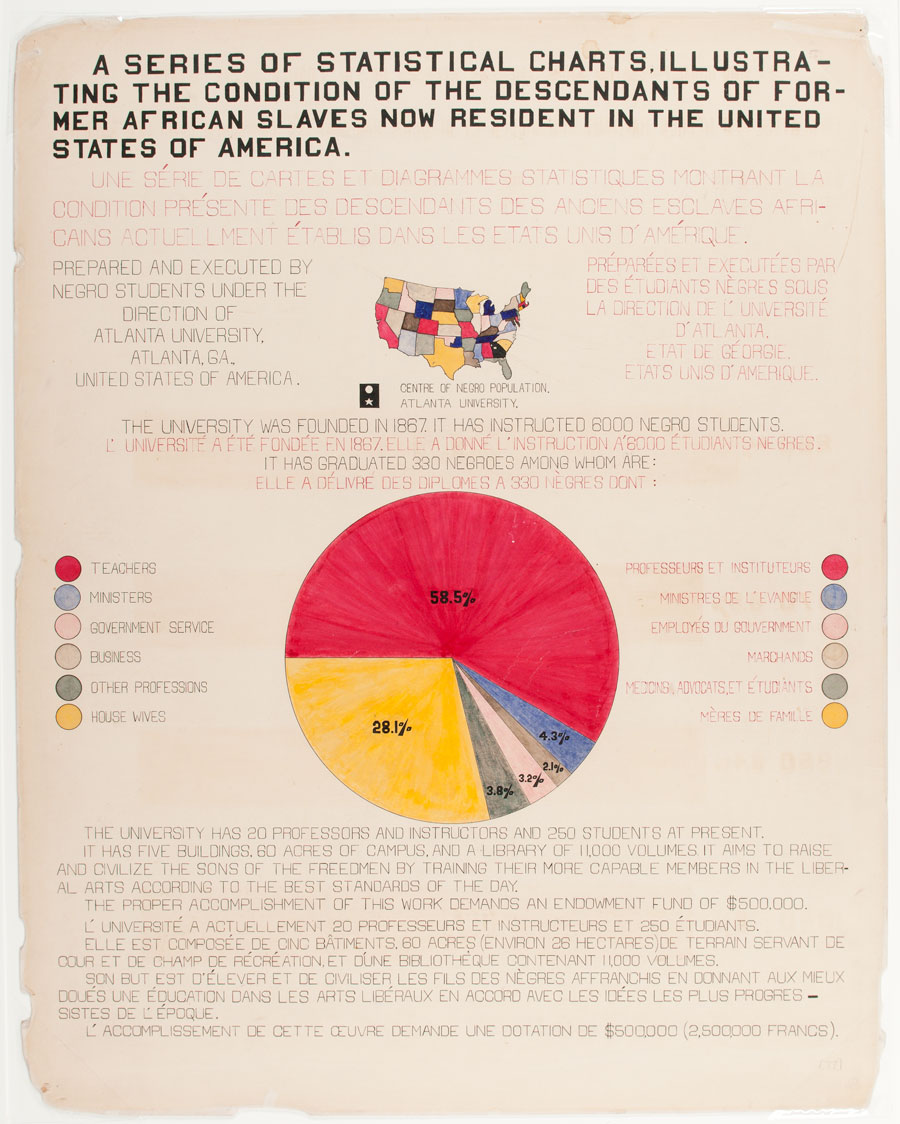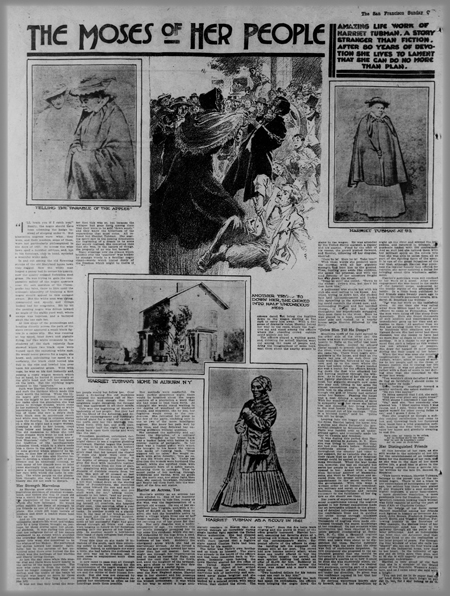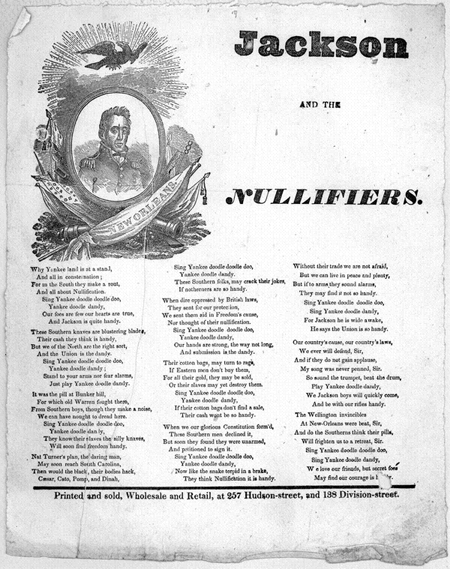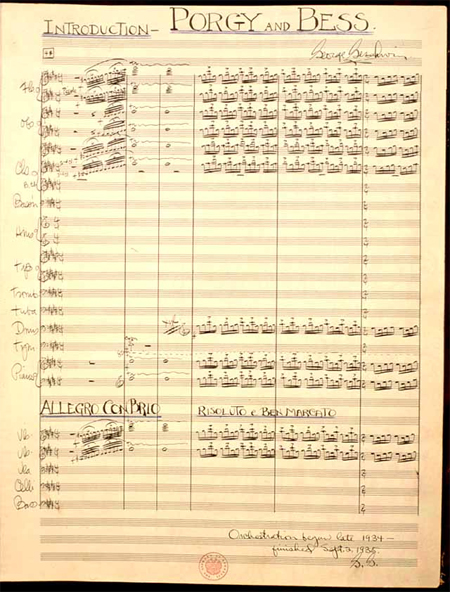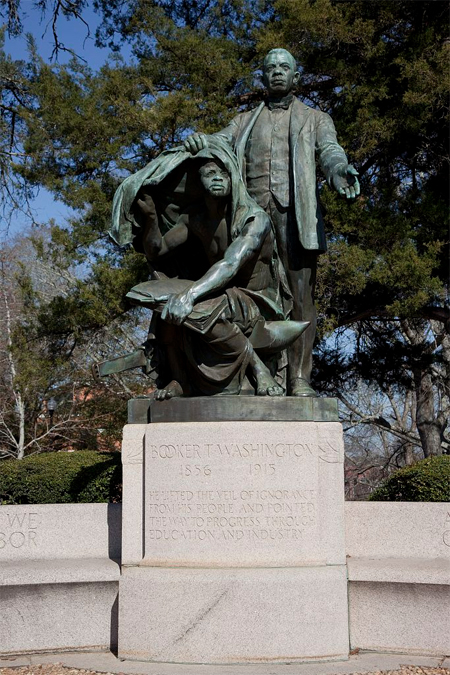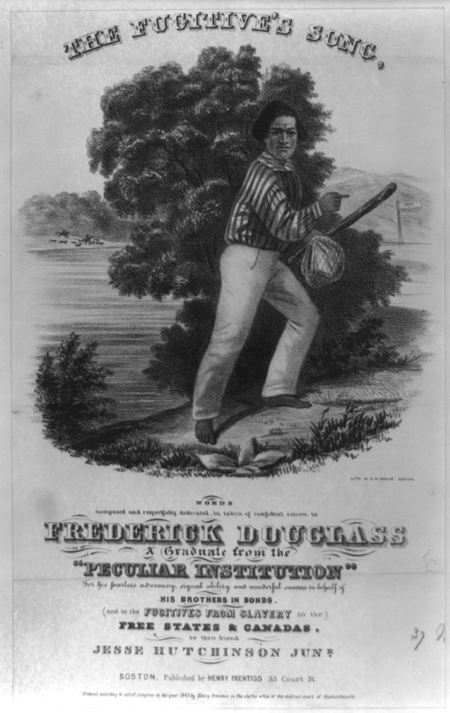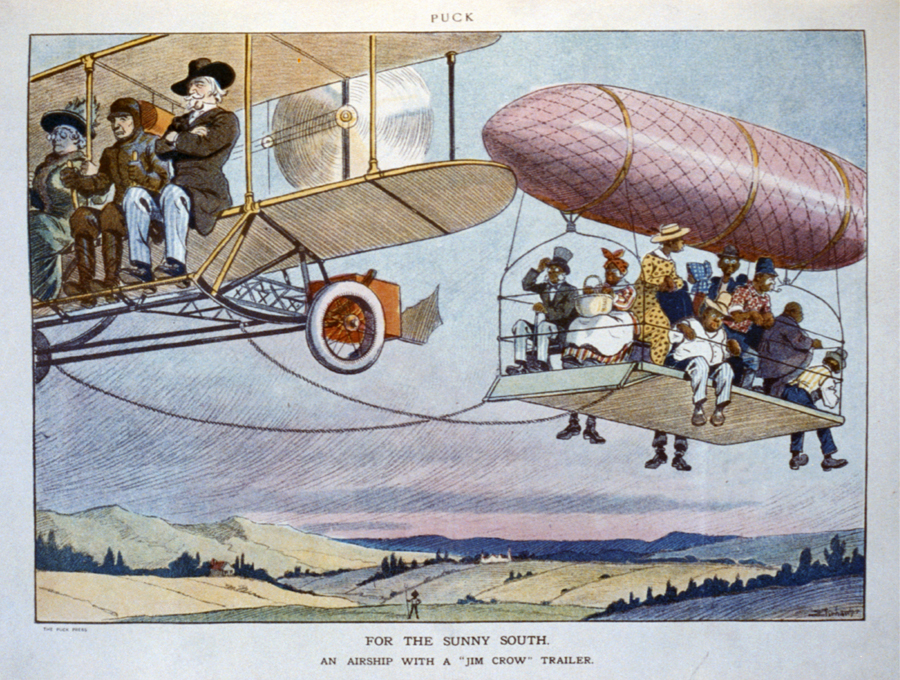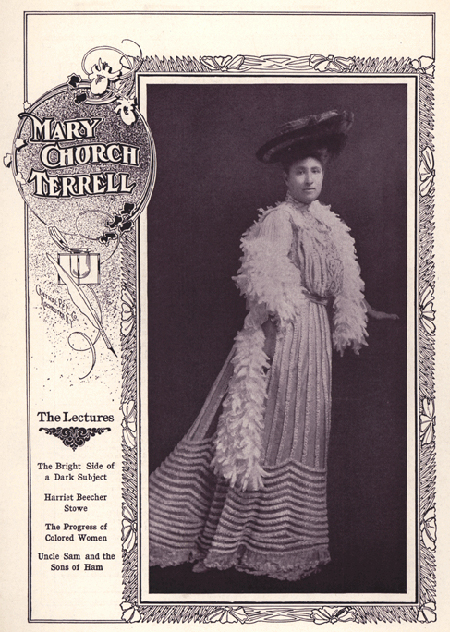Today in History: Fourteenth Amendment
Today in History–July 28–the Library of Congress features the Fourteenth Amendment of the Constitution of the United States. On this date in 1868, Secretary of State William Seward issued a proclamation certifying the ratification of the amendment. The 14th amendment granted citizenship to “all persons born or naturalized in the United States”, including former slaves freed…

